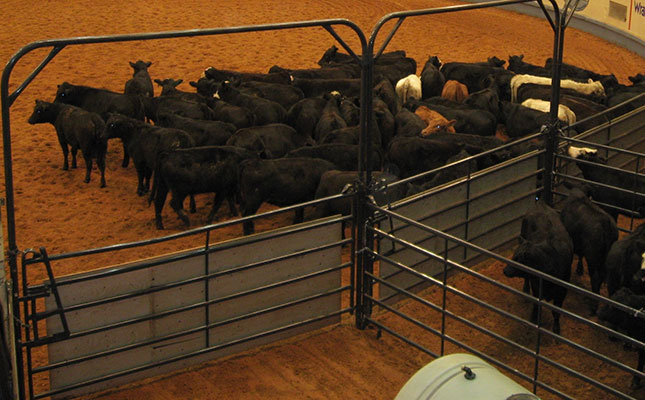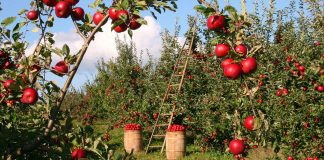
Photo: Supplied
Reggie Ngcobo, spokesperson for the department, confirmed on Thursday (8 September) that the 21-day ban would be lifted with immediate effect.
“The minister’s decision was based on the work done by the State Veterinary Service, private veterinarians, and animal health technicians over the past 21 days.”
The Red Meat Producers’ Organisation (RPO) expressed gratitude at the decision and thanked Didiza for taking role players’ pleas about the economic impact of the ban on the beef industry into consideration in her decision-making process, according to Gerhard Schutte, CEO of the RPO.
However, Herman de Wet, regional chairperson for TLU SA in KwaZulu-Natal, said while the lifting of the ban was welcome news, it was concerning that it had not been implemented more stringently.
“If such a movement restriction is ever implemented again, it needs to be done more consistently,” he told Farmer’s Weekly.
“Cattle were still being transported in KwaZulu-Natal during the ban, and several [South African Police Service] officers weren’t even aware of the ban until I brought it to their attention.”
Ngcobo said Didiza had already acknowledged that “things had to be done differently going forward”.
To limit the spread of the disease as far as possible, she repealed the control measures relating to FMD as prescribed in the Government Notice No. 2075 of 10 May and Government Notice No. 2391 of 18 August, and allowed movement under certain conditions in all areas of the country, except in the new disease management areas in Limpopo, KwaZulu-Natal, and the Free State, he said.
Ngcobo added that it was encouraging that the Eastern Cape, Western Cape, and Northern Cape did not report a single case before or during the 21 days of the ban.
“In Limpopo, we will retain the disease management area in the protected zone and [surrounding areas].
“In the Free State, the disease management area will cover those areas where no improvement has been observed, such as Marquad, Viljoenskroon, and Harrismith,” he said.
In KwaZulu-Natal, the disease management measures would be retained in the KwaNongoma, Ulundi, KwaHlabisa, eHluhluwe, and eMtubatuba areas.
Ncgobo added that, going forward, all livestock movement had to be accompanied by a declaration from the owner that the animals were FMD-free; a declaration from the recipient undertaking to isolate the animals for at least 28 days before introducing them to the main herd; and all the necessary stock theft documents.
Schutte explained that the RPO was also working on a contingency plan in conjunction with the National Animal Health Forum and the agriculture department.
“On Tuesday [13 September] industry experts and officials from the department will have a workshop to work on a long-term strategy [for the future].”











